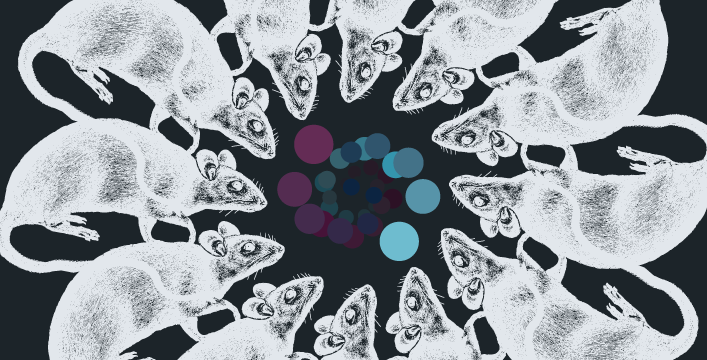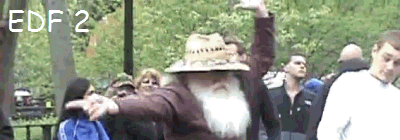GroyperSupreme
Helicopter Ride Operator
- Joined
- May 13, 2020
- Messages
- 3,911
- Reaction score
- 3,225
They are now pondering the conclusion and now suggesting that it was premature.
Same article.
Now, interpretations of Calhoun’s work has changed. Inglis-Arkell explains that the habitats he created weren’t really overcrowded, but that isolation enabled aggressive mice to stake out territory and isolate the beautiful ones. She writes, "Instead of a population problem, one could argue that Universe 25 had a fair distribution problem."
I remember that some recreations of the same study showed the rodent population only reached 70% of the maximum possible population.
Here's an interesting analysis.

 demystifyingscience.com
demystifyingscience.com
This I only skimmed this in parts, to refresh my memory, but the real conclusion I understood from these types of experiments, and i read them years ago, is not how the population will over-populate and eventually collapse, but how the increased stress of the threat of overcrowding affects behavior in odd ways. ie the beautiful ones explained in more detail in Ph.D. Anastasia Bendebury's article.
Same article.
Now, interpretations of Calhoun’s work has changed. Inglis-Arkell explains that the habitats he created weren’t really overcrowded, but that isolation enabled aggressive mice to stake out territory and isolate the beautiful ones. She writes, "Instead of a population problem, one could argue that Universe 25 had a fair distribution problem."
I remember that some recreations of the same study showed the rodent population only reached 70% of the maximum possible population.
Here's an interesting analysis.

John B. Calhoun and his Rat Utopia — DEMYSTIFYING SCIENCE
The story of a devoted scientist, his rat villages, and the lessons he learned about the shadows that lurk in the heart of crowded spaces.
This I only skimmed this in parts, to refresh my memory, but the real conclusion I understood from these types of experiments, and i read them years ago, is not how the population will over-populate and eventually collapse, but how the increased stress of the threat of overcrowding affects behavior in odd ways. ie the beautiful ones explained in more detail in Ph.D. Anastasia Bendebury's article.

